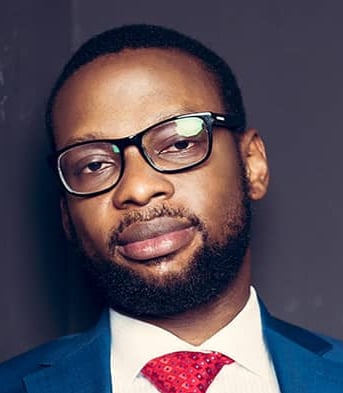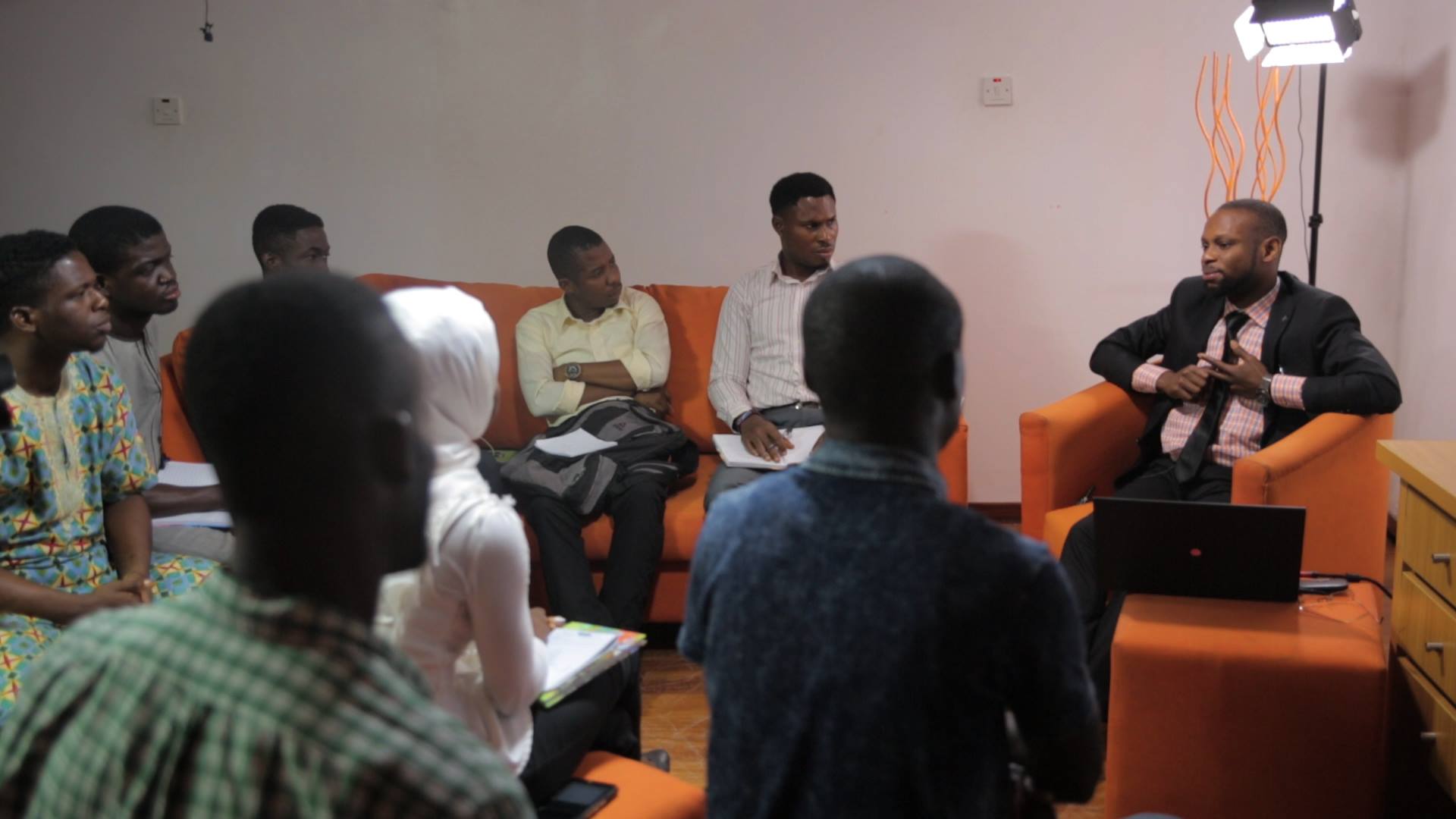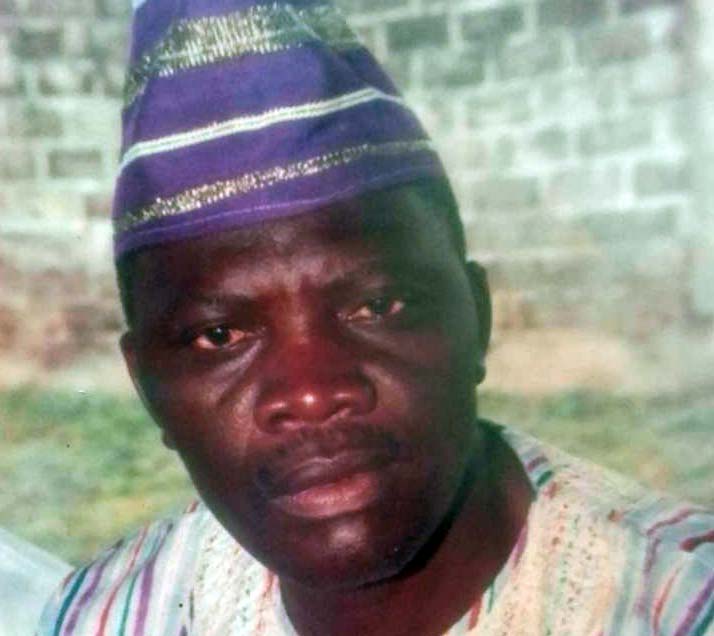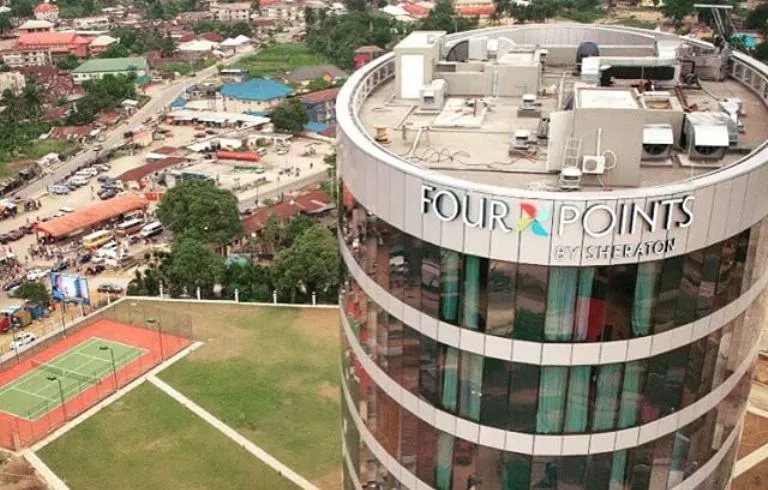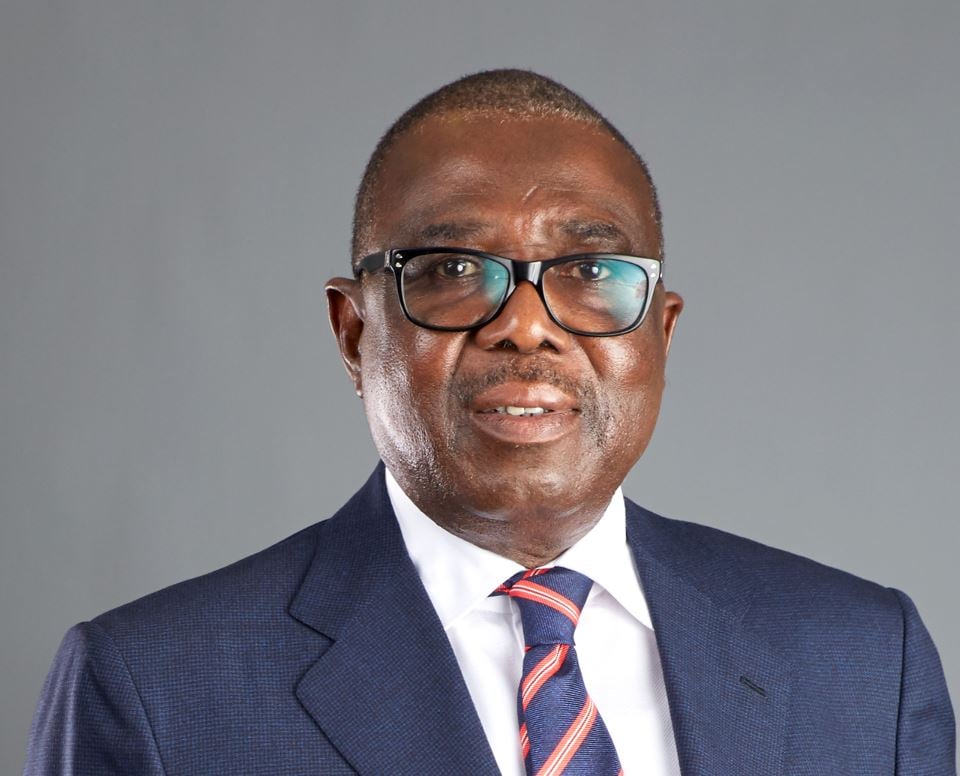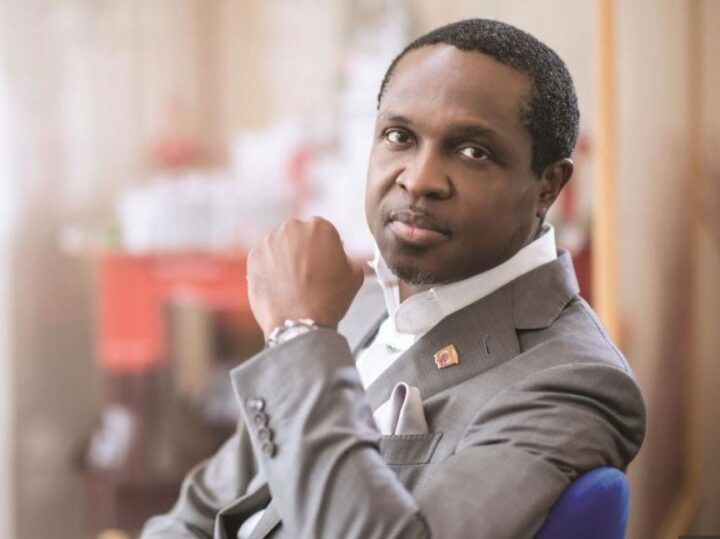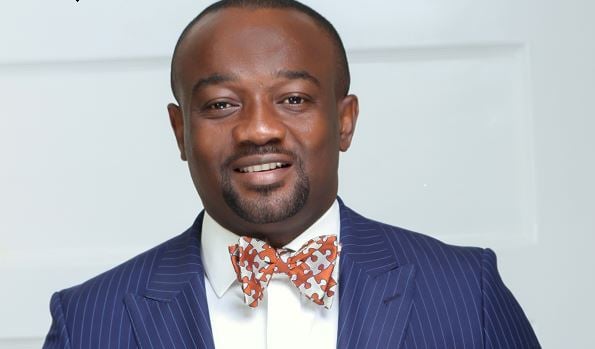We live in a world where good is perpetually locked in a battle with evil. At any point in time in the history of mankind, it has always seemed as though evil is trumping good. It is as though the world is in a state of permanent darkness. I tell you what, there can be light.
As we speak, 58 armed conflicts are going on in different parts of the world. Five of them have caused at least 10,000 direct violent deaths within the last one year. Twelve of them have caused between 1,000 and 9,999 deaths in the last year, while 21 of them are responsible for between 100 and 999 deaths within the same time frame.
Forget the deaths for a second. According to the United Nations High Commissioner for Refugees (UNHCR) 68.5million people all over the world were displaced as of the end of 2017, the greatest number of them from the Democratic Republic of Congo, South Sudan, and from the influx of hundreds of thousands of Rohingya refugees from Myanmar into Bangladesh.
Roughly three percent of that figure is from Nigeria. According to the UNHCR, as of April 2028, a total of 2,193,769 people had been displaced by the Boko Haram insurgency ravaging the north-east. Seventy three years after the founding of the United Nations, the global search for lasting peace has remained fruitless. It doesn’t appear this will change anytime soon.
Advertisement
We live in a world full of injustice. And to get more specific, our Nigeria is a country of multi-level absurdities where the rich trample on the poor, the government provokes the people, the Police rob the policed, the strong torment the weak and SARS officials harass the citizens. We live in times when landlords tend to milk their tenants dry, bosses want to permanently relegate their subordinates to their own shadows, inordinately ambitious subordinates are scheming to overthrow their bosses through unscrupulous methods, when jungle justice is administered on petty thieves but multi-billion-naira thieves enjoy selective justice. We live in a society that we, in all honesty, cannot happily bequeath to our children. This is what I have come to make of a society that I have seen not through the eyes of an everyday member, but through years of undercover and investigative reporting.
I have seen — not that I’ve been told — soldiers who risked their lives for you and me wallow in neglect at military hospitals in Maiduguri and Kaduna, nursing their Boko Haram-inflicted gunshot injuries in hospital wards without electricity not because of a lack of funds but because someone somewhere diverted the funds with which the generator could have been fueled. I have seen the Nigerian Army fail to disclose the exact number of its men who fell to Boko Haram on the battlefield — not only because of the usual propagandist approach of the military to warfare but because some people somewhere are receiving the allowances of these fallen soldiers under the guise that they are still alive.
In the course of my work in undercover reporting, I have experienced corruption in the handling of corpses by mortuary attendants at government-owned hospitals. We all know about corruption in inter-human transactions not just in Nigeria or Africa but elsewhere in the world, but I’m sure not many of us are aware of corruption in the complex interrelationship between the living and the dead.
Advertisement
I have seen honest businessmen literally being held captive by the corrupt system at Nigeria’s biggest seaport. I have seen officials of the Nigeria Customs massively short-change the government just so they can fill their own pockets. On many occasions, I have seen other state/security officials at that port conduct themselves without the littlest sense of patriotism, contentment or conscience.
I have seen, firsthand, the despair of women and children chased out of their homes by Boko Haram; I’ve met fathers whose children were hacked to death before their very eyes, women who saw life snuffed out of their husbands in their very presence. And, what’s more, I’ve been told by those who should know, how these people were robbed of their food and some of them raped by emergency workers and security officials in whose care they were placed at the IDP camps where they ended up.
I have met a few cancer patients in the throes of death. I didn’t meet them in their homes or offices. I met them at government-owned hospitals on some of the many occasions when I’ve disguised my identity to gain access to institutions where I needed to obtain stories. Some of these people were faithful in their active civil-service years, some ran honest private businesses. But they all had been failed by the system, because, sadly, they would eventually die due largely to the unavailability of functional radiotherapy machines. In the six states that make up the South-South, for instance, there is no single functional radiotherapy machine as we speak, meaning any cancer patient must travel out of that region to seek treatment — either to Enugu in the South-East, Lagos or Ibadan in the South-West, or Abuja in the North-Central. But it’s a problem we should never have. In the 2017 budget, N9 billion was specifically allotted to the purchase of radiotherapy machines for some teaching hospitals; this is enough to fund the purchase of nine RT machines. But guess what? The government bought only one RT machine — for the National Hospital! The question, then, is: where is the rest of the N8bn?
I have heard of security agents who literally exchanged the lives of innocent people for cash in their pockets. Everyone here must have heard about the infamous Offa Bank robbery, during which 33 people, including a pregnant woman, were killed. Did you know that the Police were alerted by the management of the hotel where the robbers lodged on the eve of the crime? The criminals bribed the policemen with N400,000, and the policemen announced to the hotel that the boys were mere internet fraudsters. I like to assume the policemen didn’t know the scale of the calamity they were permitting on Offa, but the casualty toll is there for all to see.
Advertisement
I have had a few encounters with security and law enforcement agents. Recently, I drove the equivalent of a stolen vehicle from Abuja, Nigeria’s federal capital, to Lagos, the country’s commercial hub. Not only did I arrive Lagos safely with the car, I returned to Abuja scot-free with it — and this is despite passing through a whopping 86 checkpoints in a journey of over 1,600km that lasted a cumulative 28hours 17minutes. At each of the checkpoints where I was apprehended, all I needed to do was pay bribes to officials of the Police and the Federal Road Safety Corps (FRSC).
To be able to establish some of things I have shared with you today, I exposed myself to all manners of danger, the least being physical injury. On a few occasions, I exposed myself to the possibility of death. While chasing the ‘Forgotten Soldiers’, I could have fallen victim of a bomb blast in Borno had events turned out the other way on a particular day. During that trip, a soldier suspicious of my movement gave me two minutes to save my life. If the explanation had been unsatisfactory, perhaps I would have been story by now. After the story was published, the Defence Headquarters released a statement to say I’d committed subversion — a crime punishable with death in military regimes. I’m sure the policemen who took bribes during my Abuja-Lagos trip would have given me the beating of my life if they knew I was filming them. I once endured a 2-hour-14-minute motorcycle ride in stone-cold Plateau harmattan during which I froze so hard I thought I would fall off the bike; if there was any time I felt death was just a distance away, it was that day.
Therefore, from time to time, people ask me the question: why do you do this? The things your write about aren’t going to stop, anyway. Rape and food theft won’t cease at IDP camps simply because you’ve written about them, neither will security agents stop collecting bribes in exchange for compromising our security. Corruption predates your birth and will be here long after you’re gone, so why?
My response to this question is always simple: you’re on the lookout for light, I’m interested in flickers of light. These are two entirely different attitudes to life.
Advertisement
In our quest to make the world a better place, we are sometimes obsessed with the long-term future at the expense of small steps of the present. The darkness in the world is so pervasive we would be unreasonably ambitious to seek light in one rush; what we need is a flicker of light here and there — to clear our paths, to lead the way for others, to provide the basis for the lights of the future to blossom.
Joseph Blankson, the 36-year-old who saved 13 people from drowning and died attempting to save a 14th, is an example. The Muslim leader who hid 262 Christians in his mosque and house during an attack by killer herdsmen in June is another. Francis Emepueaku and Achi Daniel, two Lagos airport security officials who returned a lost bag containing valuables, including hard currency, are yet another. We must never underestimate the leadership that acts like this provide.
Advertisement
In January 2016, during a trip from Lagos to Ilorin, I drove through the Oyo-Ogbomoso Road, notoriously one of the narrowest, accident-prone roads in this country. It is usually plied by heavy-duty vehicles. Each time I wanted to overtake a truck, I always used another as decoy. I waited for a truck to attempt overtaking another, then drove right behind it knowing that no oncoming vehicle would face a truck. I noticed, too, that cars behind followed me once I tried to overtake as well. This kind of leadership is what flickers of light help to engender. There are lots of potentially good people hidden all over the world who only need one good example of leadership to blossom.
Flickers of light help us to make decisions in a dark world. Imagine if you were in a dark room, and you were sat in the middle of two men, the one on the right carrying a box full of gold, and the other a box full of guns. Just a flicker of light is all you need to choose between gold and guns, to run towards gold or flee from guns. And so, if anyone here seeks a better world, a world that is peaceful, just and fair, seek the flicker of light around you. Or, better still, be a flicker of light yourself.
Advertisement
This piece is a rough textual version of a TEDx Apata speech delivered in Ibadan on September 1, 2018. Soyombo, former Editor of the TheCable and the International Centre for Investigative Reporting (ICIR), tweets @fisayosoyombo
Advertisement
Add a comment
